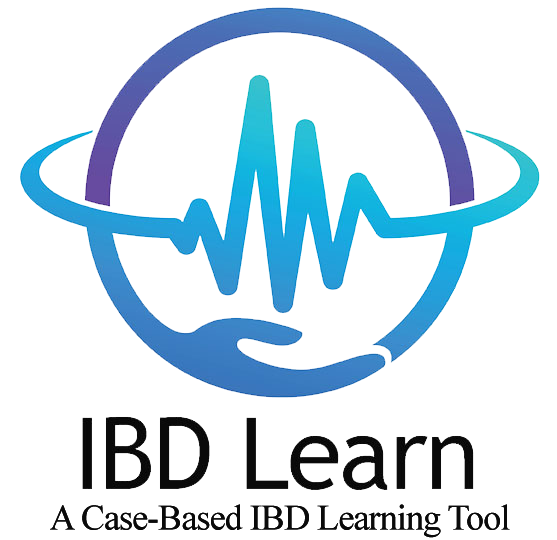Case 17.2
A Registered Dietitian (RD) is trained and licensed to practice in the area of nutrition. In setting of IBD, the dietitian provides medical nutrition therapy, which is the formal term for the provision of nutrition counseling and treatment for the purpose of disease management. A dietitian specializing in IBD will initially do a comprehensive nutrition assessment to help identify potential consequences that may arise with IBD, including unintentional weight loss, gastrointestinal symptoms, diet intolerance, micronutrient deficiencies, and sarcopenia.
In the visit, the dietitian collected additional data on anthropometrics, symptoms, biochemical data, medications, supplements, food/nutrition history, physical activity, and readiness to change. He currently weighs 116 lbs at a height of 68 inches. The BMI (kg/m²) is 17 and he is deemed to be underweight. He is showing signs and symptoms of sarcopenia.
